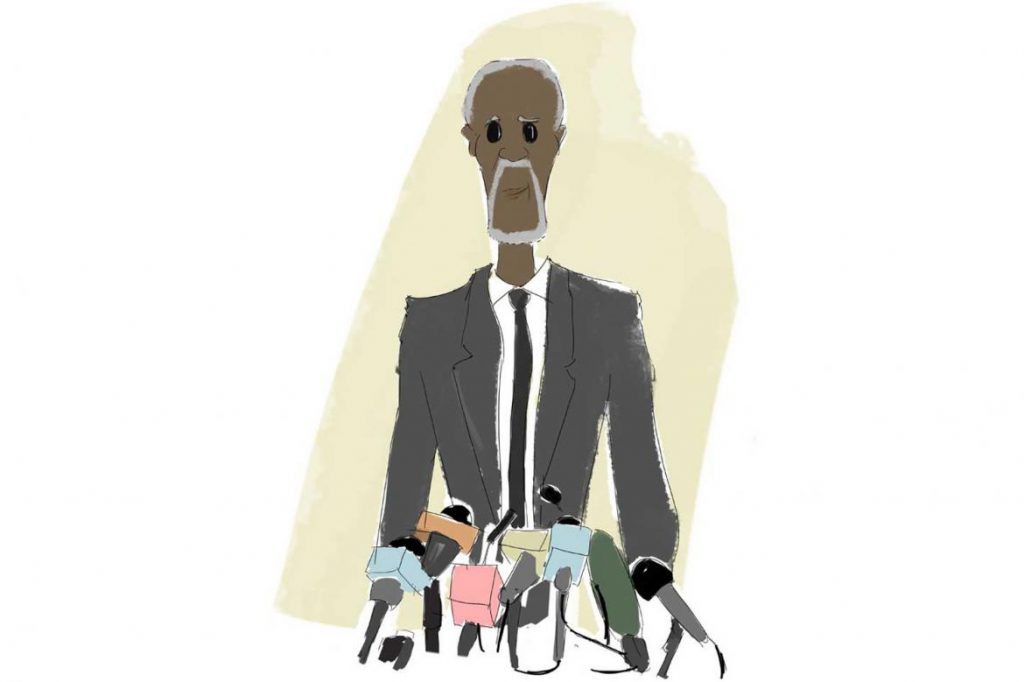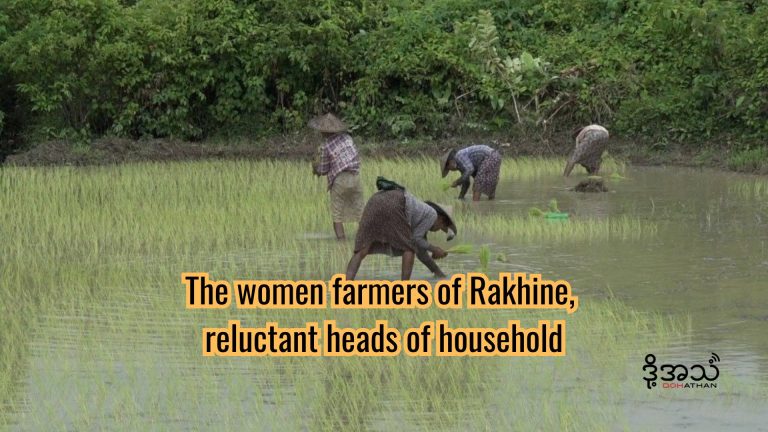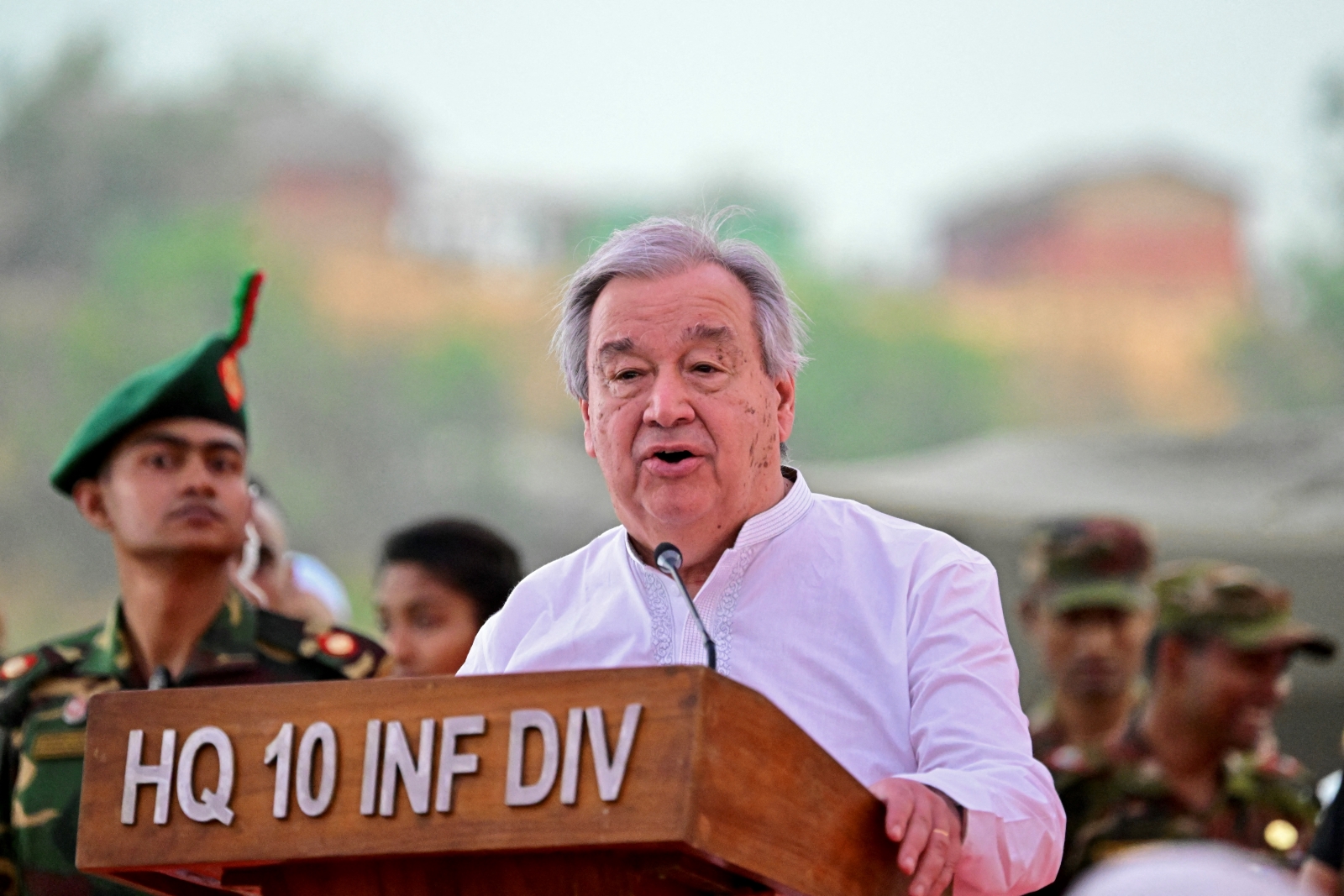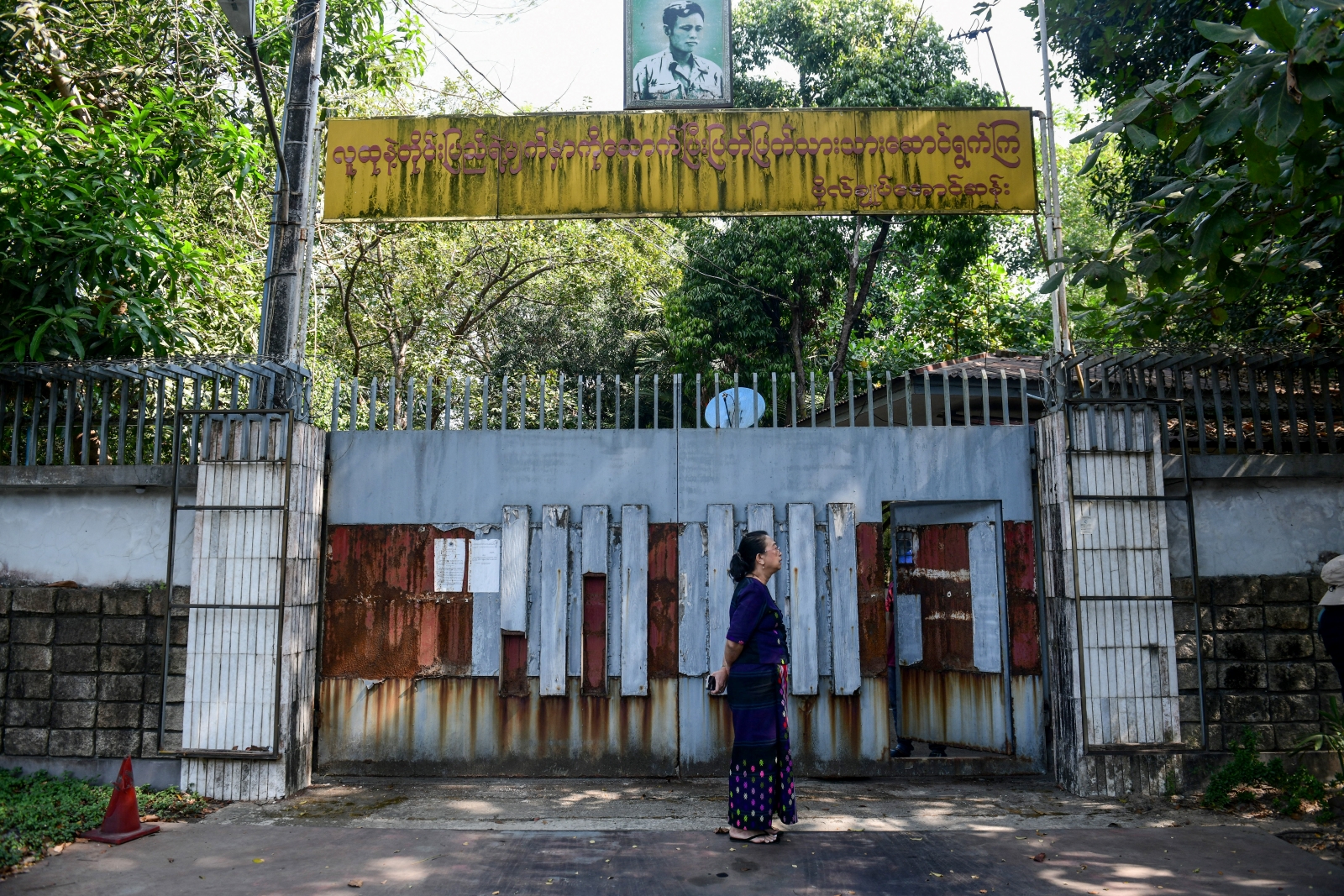Frontier welcomes the decision of the State Counsellor’s Office to uneqivocally back the Advisory Commission on Rakhine State’s interim report.
AS THE Advisory Commission on Rakhine State noted in its interim report released on March 16, “various issues have complicated its work” over the past six months. The October 9 attacks and military clearance operations, a boycott by some Rakhine hardliners, and increased tension between domestic and international actors – just to name a few.
It was a tough enough job to begin with. Many expressed doubt that the nine-member commission headed by Mr Kofi Annan, a former United Nations secretary-general, would be able or willing to fulfill its mandate. At Frontier, we argued that it should be judged based on its results. “If new initiatives are simply dismissed out of hand, without allowing time to see whether they can be effective, it will be difficult to find a way forward,” we wrote in September.
The first of those results are in. For those who desire a more prosperous, stable and peaceful Rakhine State there is much to take heart from.
The interim report is sensitive to the concerns of all stakeholders but at the same time pulls no punches. All of its recommendations will contribute to a better future for the people of Rakhine State.
In particular, Frontier supports the call for media and humanitarian access to northern Rakhine State to be restored, and for a credible and independent investigation into allegations of rights abuses, with the perpetrators held to account. It’s important that the government and other civilian stakeholders wrest back control of northern Rakhine State from the Tatmadaw and prevent an extended or even permanent militarisation of the region.
Support more independent journalism like this. Sign up to be a Frontier member.
One issue that has not received enough attention is cooperation with Bangladesh. Much closer ties must be developed in order to ensure the stability and prosperity of the border region.
Frontier also welcomes the response from the State Counsellor’s Office to the launch of the interim report. Within hours, it had released a statement unequivocally backing all of the recommendations and promising to promptly implement the “large majority”.
It was about as clear an endorsement as the government could offer, and essentially came with the imprimatur of State Counsellor Daw Aung San Suu Kyi. That will carry some weight, particularly among those within her administration, the National League for Democracy and the civil service who may be reluctant to take the steps necessary to resolve the issues underpinning the tragic conflict in Rakhine State.
Of course, we must now hope that the State Counsellor’s Office statement is also a sign of real intent. The ball is very much in the government’s court; although this was only an interim report, the advisory commission is likely to issue similar findings at the end of August when it releases its final report.
Resistance is not going to dissipate. In case we needed a reminder, up to 1,000 Rakhine protested in Sittwe against what they argued was the “unlawful” issuance of citizenship documents to Muslims in the state.
The citizenship question will be among the most difficult to address, but it underpins many of the issues driving conflict and instability.
On this, the Advisory Commission on Rakhine State was clear. Citizens should enjoy full rights. A timeline for citizenship verification should be established. Complaints should be addressed. Those eligible for citizenship should be granted it promptly, without going through the verification process.
These are not radical solutions. They simply represent the proper and equitable implementation of the 1982 Citizenship Law – something that many ethnic Rakhine have endorsed, time and again.
This editorial was originally published in the March 23 issue of Frontier.







